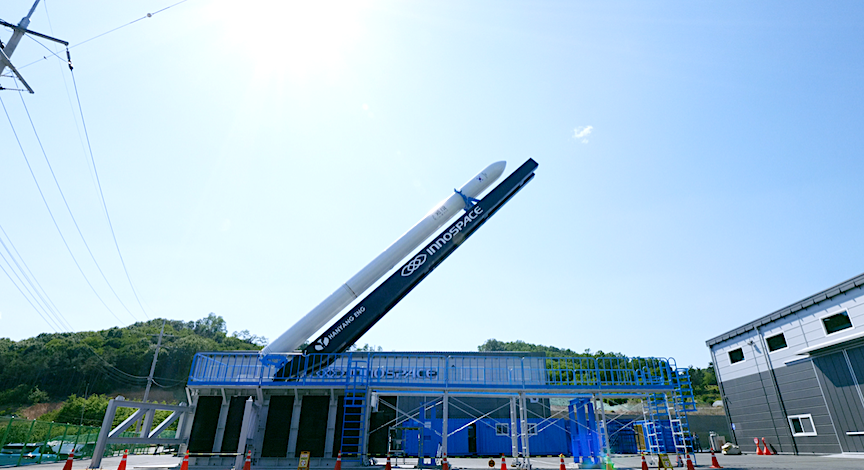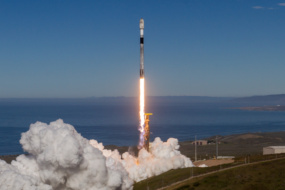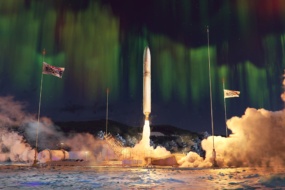South Korea is angling to join the elite club of major spacefaring nations. Now, the second rocket developed domestically in the country has achieved liftoff.
Innospace, a Korean launch startup developing a suite of small-lift rockets, successfully got its Hanbit-TLV suborbital test rocket off the ground on Sunday. The flight lifted off from the Alcântara spaceport in Brazil at 1:52pm ET.
Innospace’s strategy: Innospace CEO Kim Soo-jong founded the company in 2017 and has since raised 55.2B won ($42M) in funding to develop the company’s small-lift rocket technology domestically in South Korea.
The Hanbit-TLV rocket, standing at 16.3 m tall, is a suborbital test rocket and precursor to the Hanbit-Nano, which is designed to carry payloads up to 50 kg to orbit. It comes equipped with a 15-ton hybrid engine that uses liquid oxygen and paraffin-based propellants. On this mission, Hanbit-TLV carried a 20 kg inertial navigation system called SISNAV for the Brazilian Air Force.
Launching from Brazil: The Brazilian space agency has issued a call to foreign nations that the Alcântara spaceport, operated by the Brazilian Air Force, is open for business. Innospace is the first foreign commercial company to take it up on its offer.
Test results…The Hanbit-TLV rocket successfully made it off the ground and is en route to its suborbital trajectory. The hybrid engine maintained a steady thrust for 106 seconds—12 less than the company’s target of 118—before falling into the sea off the coast of Brazil.
“The success of HANBIT-TLV shows Innospace is capable of launching a space rocket and paves the way for us to tap into the global launch service market,” Kim Soo-jong said in a statement.
+ Want more? Check out our Q&A with Carlos Moura, president of Brazil’s space agency, for more about the country’s initiative to invite more foreign launchers to Alcântara.




